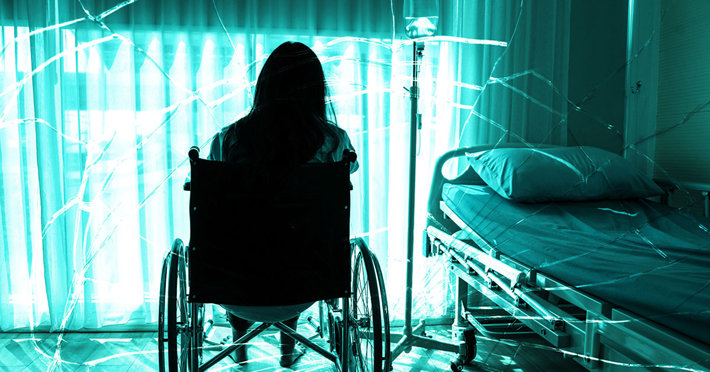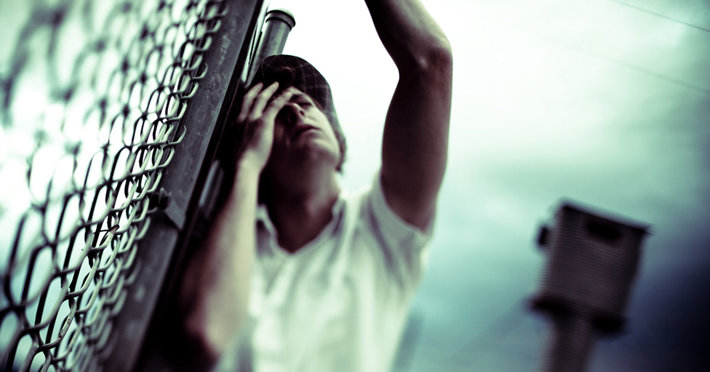develop a problem with substance abuse. Over the past 10 years, drug abuse rates for the generation have skyrocketed. According to the Trust for America’s Health and Well Being, drug-related deaths rose 108% from 2006 to 2015, while fatal alcohol poisoning rose to 69%.
Why are millennials at high risk of addiction?
Why are millennials at such a high risk of addiction? There is no answer. Many factors could have contributed to the generation vulnerability to substance abuse. According to a study published by the Journal of Studies on Alcohol and Drugs, drug overdose among millennials rose by nearly 20% from 2006 to 2015. During the study period, there were 36,422 drug-related deaths among American teenagers and young adults. Below are some possible reasons why so many millennials are using drugs and alcohol to cope with them.
Millennials were at the forefront of the adoption of social media. In 2005, only 5% of adults in the United States used social media. Today over 80% of Americans have a profile on social networks. Checking and scrolling through platforms is now a daily ritual practiced by millions. But with all that rapid growth came its challenges.
Research shows that there is a negative association between social media use, mental health and addiction. According to a study published by Harvard University, sharing personal information such as thoughts or dreams on social platforms triggers part of the brain that is related to addiction. Frequent use of social websites has also been shown to generate high levels of stimuli that encourage drug use. Exposure to these triggers and the ability of social media to trigger the reward area in the brain is one possible reason why the pioneering generation battled addiction.
Financial difficulties
Financial hardship plagued the baby boomer’s offspring. The generation is burdened with student debts, high cost of living and low wages. Most of them came of age or graduated from college during the Great Recession when the housing market collapsed and jobs were scarce. Compared to previous generations, millennials earn less as they adjust to inflation. The skyrocketing costs of education, housing, and general expenses have stressed and depressed many. The affordability crisis young adults are battling is affecting their mental health. To cope with this, many resort to drugs or alcohol.
“Health shock” and priceless health care
Although most millennials are relatively young, they are not immune to disease. Data released by Blue Cross Blue Shield has shown that millennials are well on their way to becoming one of the most unhealthy generations of all time. A third of the age group has health problems that are likely to increase the death rate by 40%. The rise in diseases is predicted to increase healthcare costs by more than 33%. That, in turn, would reduce millennials’ annual income by nearly $ 4,500 per person. Unfortunately, the lack of support to make health care affordable increases young adults and makes treatment less likely for diseases such as addiction.
Mental health and millennials
Based on Blue Cross Blue Shield, The Health of America Report®, the best-known growing health condition among millennials is major depression. The number of diagnoses of major depression in the group has increased 47% since 2013. The same report found that the physical and mental health of the younger generation is declining rapidly. Stress, anxiety, and depression are among the top ten negative health factors for the generation. Unfortunately, the Trifecta interferes with decision-making and has a strong correlation with substance abuse and relapses.
The future of millennials and the rise in addiction
Given that millennials are grappling with financial debt, heavy social media consumption, and many other unique problems, it’s no surprise they are struggling with addiction. Although the generation is the most educated group, they earn significantly low wages, are extremely stressed and receive little to no support. These are just a few factors that make millennials vulnerable to chronic alcohol and drug use. But all hope is not lost. There are options for addicts.
If you or a loved one is battling addiction, don’t wait another moment to seek help. Contact a specialist treatment provider. With the support of an alternative practitioner, you will not only find all the answers to your rehab questions, but you will also discover a new way of dealing with sobriety. Take a step towards recovery by contacting a treatment provider today.






